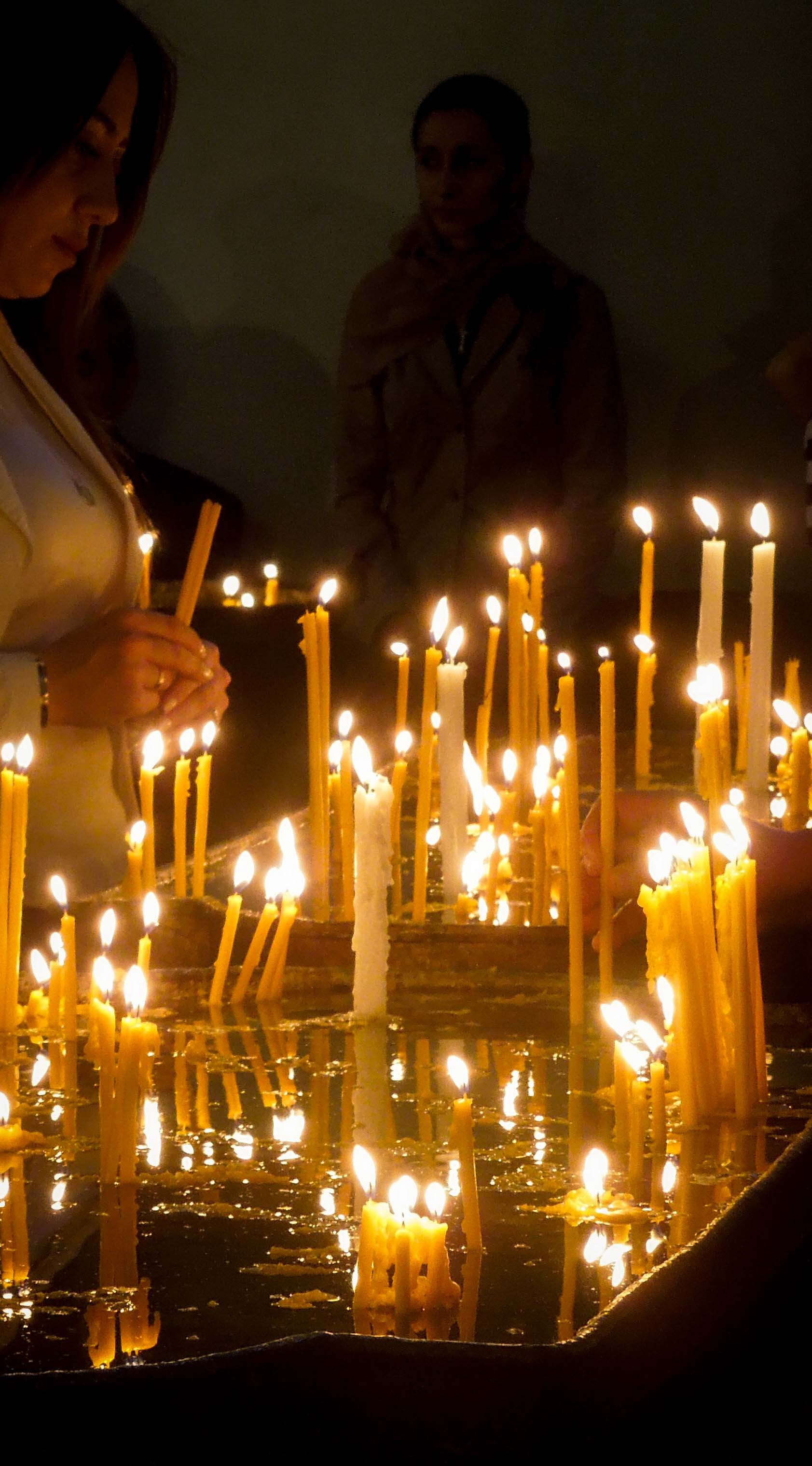We speak one language. In many languages.

About Us
PRO ORIENTE was established as a church foundation on November 4, 1964, in Vienna, during the Second Vatican Council. The Foundation has regional committees in Salzburg, Graz, and Linz.
News
Erster rumänisch-orthodoxer Bischof für Irland und Island ins Amt eingeführt
Ökumene-Expertin Riedl: Schönborn öffnete "Räume des Dialogs"
Prof. Prokschi: Ökumene kein beliebig austauschbarer Jahresschwerpunkt
Rumänien: Zwei Patriarchen weihen am 26. Oktober die neue Nationalkathedrale
Upcoming events
09:00–14:30 Uhr, Senatssaal (16.1.) Dekanatssitzungssaal der KTF (17.1.), Universitätsring 1, 1010 Wien
1054 – Gab es wirklich ein „Schisma“ zwischen Ost- und Westkirche?
15:00–19:00 Uhr, Theologische Fakultät Salzburg, Universitätsplatz 1
Studiennachmittag zum Tag des Judentums: „ Ein Blick ins Nachbarland Ungarn: Jüdisches Leben, interreligiöser Dialog und aktuelle Religionspolitik“
18:00 Uhr, Ruprechtskirche, Ruprechtsplatz 1, 1010 Wien
Tag des Judentums – Tag des Feierns
PRO ORIENTE-Ökumeneempfang des Erzbischofs von Salzburg
Initiatives
As a globally recognized platform, PRO ORIENTE contributes to reconciliation processes in different regions of the world through dialogue and cooperation with the Eastern Churches. Various ecumenical forums have been established to address open theological and social questions. Emphasis is placed on promoting cooperation between the Eastern and Western churches in their joint commitment to reconciliation and peace.
Projects
With tangible actions and projects, PRO ORIENTE is committed to the practical implementation of dialogues in concrete contexts, thus contributing to understanding and cooperation in society at large. Particular attention is given to empowering the next generation.
Eastern Churches
As an international competence network on churches of the Christian East, PRO ORIENTE offers in-depth expert knowledge on these churches. On this website we provide an overview of the various Eastern Churches, their current situation, their history, and the contexts of their formation, with references for further reading.



